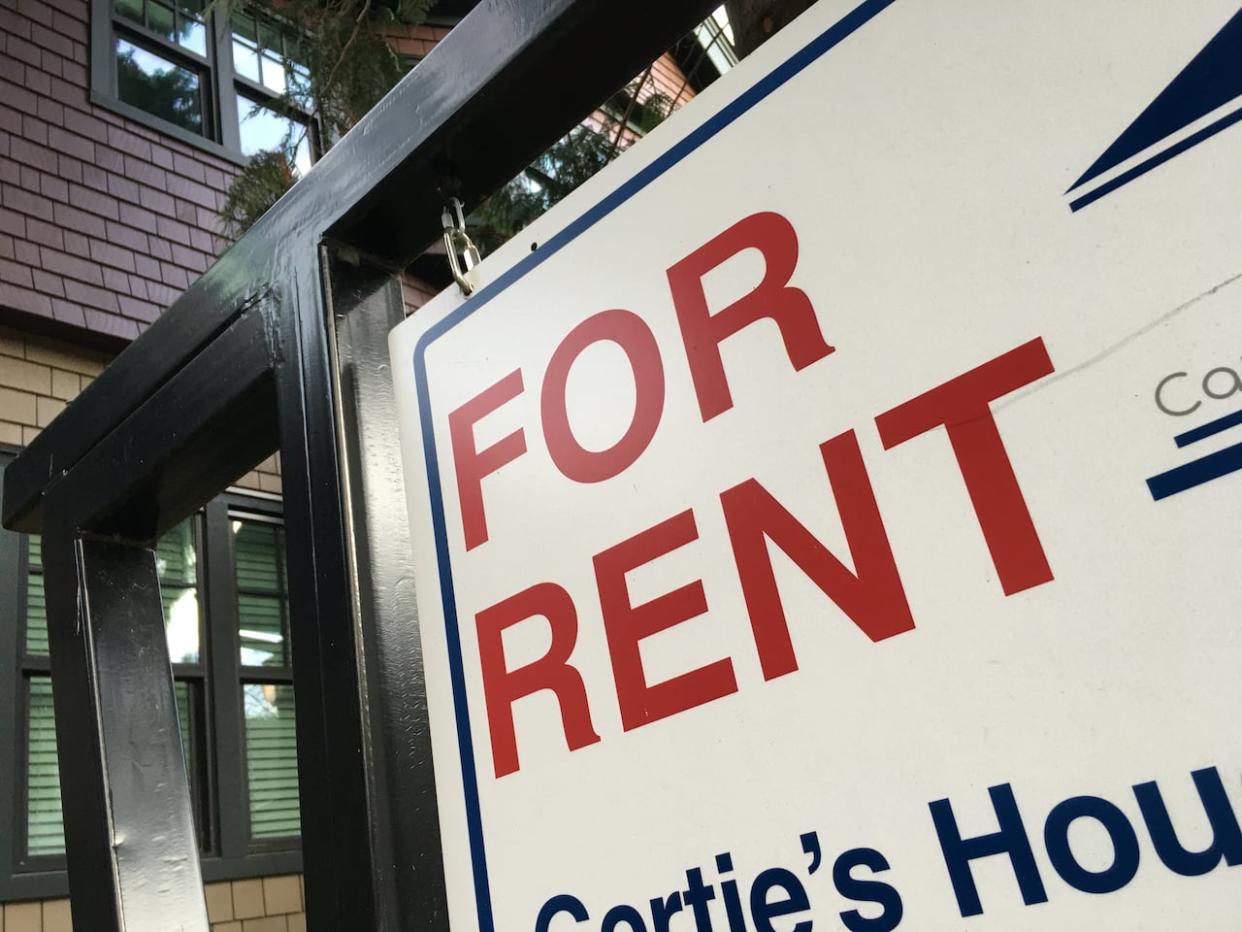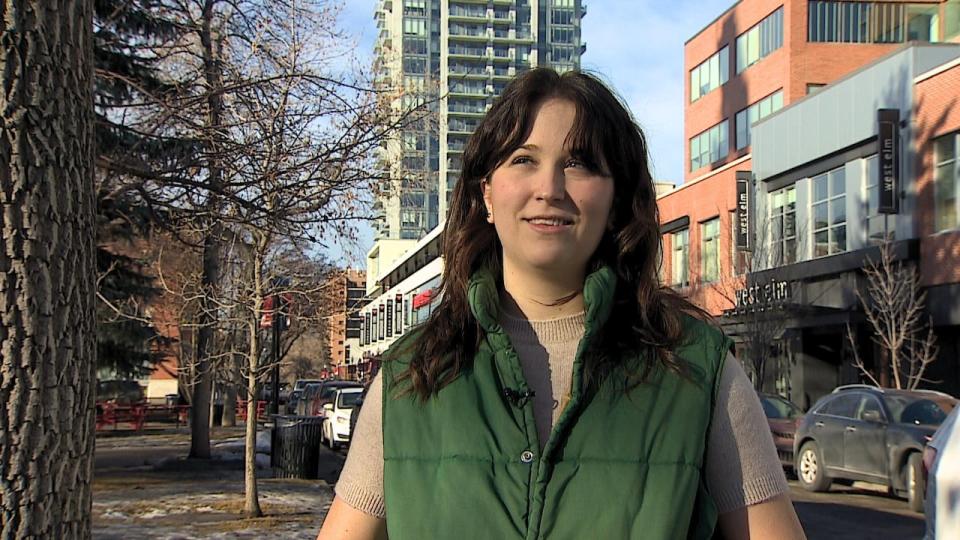Calgary's average rental cost increased by 14.3% in 2023, highest jump in Canada, says new report

If you thought Calgary's rental situation was in a tough spot before, new data indicates that it got even tougher in 2023.
The average cost to rent a two-bedroom apartment hit $1,695 per month last year, a 14.3 per cent increase from the year prior and the highest year-on-year jump for any major market nationwide, according to a new report from the Canada Mortgage and Housing Corporation (CMHC).
These new figures indicate that last year Calgary saw the average rent grow at the fastest pace since 2007.
CMHC's newest report — which is built on data from October 2022 to October 2023 — shows Calgary's purpose-built rental cost reached over $300 more than the national average last year, but still lower than Vancouver, Toronto, Victoria and Ottawa.
So what's making Calgary's rental market so expensive?
Taylor Pardy, the CMHC's lead economist for the Prairies and territories, says there are multiple reasons, but primarily that Calgary's "relative affordability" has made the city an attractive living-place candidate for Canadians moving to Alberta.
"We see about 70 per cent of interprovincial migrants moving to Alberta right now are coming from B.C. and Ontario," he said. "In many cases from the Toronto or Vancouver areas, where both the home prices and rents are higher."

Taylor Pardy, the CMHC’s lead economist for the Prairies and territories, says Calgary’s 'relative affordability' has likely contributed to more interprovincial migration. (Colleen Underwood/CBC)
From a provincial perspective, Calgary outpaced Edmonton in average rental cost growth, which, according to the report released Wednesday, is due to a "tighter market."
But Alberta was calling, and last-year's housing crunch made many Calgary renters hope that the rest of Canada would hang up.
Even though year-over-year housing supply grew by 6.2 per cent in Calgary — more than any other large market in the country for purpose-built rental units — it wasn't enough to combat tightening. The report notes high interprovincial migration had the most major impact on supply in the Calgary and Edmonton markets.
And as the city grappled with studenthousing scarcity and high interest rates for homes, the report notes it's no surprise that the demand for purpose-built rental housing has remained high, again outpacing supply.
Marking the third consecutive year of sinking vacancy rates, the CMHC report indicates the purpose-built apartment vacancy rate plummeted in 2023, hitting 1.4 per cent — consistent across all bedroom types and the lowest it's been since 2014.
That said, rental housing supply growth is forecasted to continue in Calgary.
The CMHC's outlook for purpose-built rental unit supply growth seems optimistic, citing new housing developments in the city's northwest and downtown office conversion as examples of how supply trends could continue into the near future.
Also impacted by supply versus demand, Calgary's 2023 condominium apartment market saw the average two-bedroom rent reach $1,819 — up from over $1,600 in 2022 — with a one per cent vacancy rate, a near one per cent drop from the previous year.
"For years the gap between condo rents and purpose-built rents was fairly high, and it was actually getting wider," said Pardy.
"But now that we've seen sort of a resurgence in the amount of purpose-built rental construction and the purpose-built rental side of the market is expanding, you know, fairly rapidly, we're actually seeing that gap in average rents between condo and purpose-built narrow quite a bit."
Renters face worsening affordability
What landlords charge tenants for is also something else to take into consideration when breaking down the sharp increase in last year's rent prices.
Rising mortgage payments and utilities, "to some degree," being passed on to tenants could be contributing factors, as suggested by market intelligence, the report states.
This tightening of the rental market means worsening affordability, especially for low-income renters in Canada's major markets.
As affordability decreased citywide and rent growth exceeded the average wage growth "by a wide margin," two-bedroom vacancy rates for less-expensive units remained below one per cent in 2023.
Paige Magotiaux is a Calgary renter living downtown, but she's on the hunt for another apartment.

Paige Magotiaux, 22, has a rent budget of $1,100. She says the Calgary rental market was 'a shock to come back to' after living outside the province. (James Young/CBC)
"I can survive, but being 22, I want to be able to go out to dinner and go to the movies and stuff like that. Right now, I can't do that."
Currently working more than 40 hours a week, she says she's still struggling with the city's affordability. Magotiaux says she came back to Calgary after living in Saskatchewan and Victoria over the past few years.
"[The rental market is] a shock to come back to," said Magotiaux.
Even with a $1,100 budget and a roommate, she's struggling.
According to the CMHC's report, "households will have more difficulty finding rentals that suit their needs."


